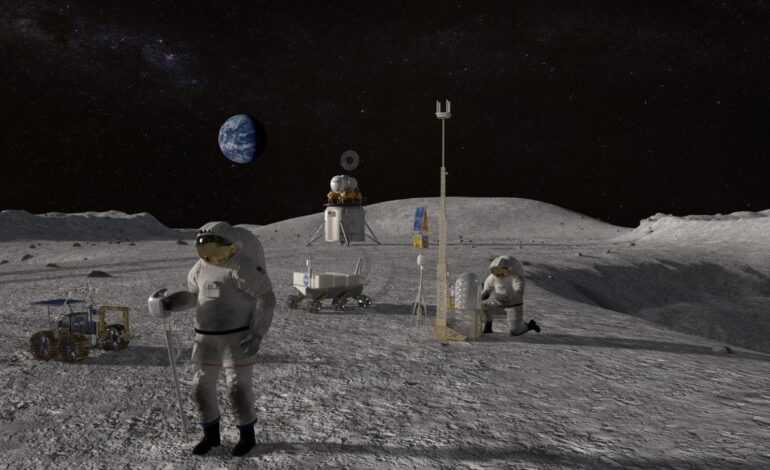NASA and Google Collaborate on AI Medical Assistant for Space Missions

NASA and Google are collaborating on an innovative project to develop an AI-powered medical assistant for astronauts on long-duration space missions. This initiative aims to address the challenges posed by communication delays with Earth, particularly during missions to the moon and Mars, where real-time medical consultations become impractical.
The project involves testing a proof of concept for the **Crew Medical Officer Digital Assistant** (CMO-DA), a type of Clinical Decision Support System (CDSS). This digital assistant is intended to enable astronauts to autonomously diagnose and treat medical symptoms while operating beyond low Earth orbit. With the **Artemis program**, NASA is entering a new era of human spaceflight, and this technology could play a crucial role in ensuring crew health and safety on future missions.
AI Technology and Early Results
According to a statement from Google dated **August 8**, the AI system has been trained on extensive spaceflight literature. It utilizes advanced natural language processing and machine learning techniques to provide real-time analyses of crew health and performance. Initial results suggest that the assistant could potentially offer reliable diagnoses based on reported symptoms.
NASA and Google are collaborating closely with medical professionals to further test and refine the model. As communication delays in deep space can reach up to **45 minutes** for light-time round-trips to planets like Mars, having an onboard AI assistant could bridge a critical gap in medical support. In such environments, a rapid return to Earth for medical emergencies is not feasible.
Implications for Space and Earth
The implications of this technology extend beyond space missions. The AI medical assistant could also be beneficial in remote and demanding environments on Earth, where access to trained medical professionals is limited. By providing essential medical support, the CMO-DA could enhance the safety and efficacy of operations in various fields, including exploration and disaster response.
As NASA and Google continue their collaboration, the potential for this AI-driven medical assistant to assist astronauts in maintaining their health on missions to the moon and Mars becomes increasingly promising. This project not only represents a significant advancement in space exploration technology but also highlights the broader applications of AI in improving healthcare access in challenging environments.






